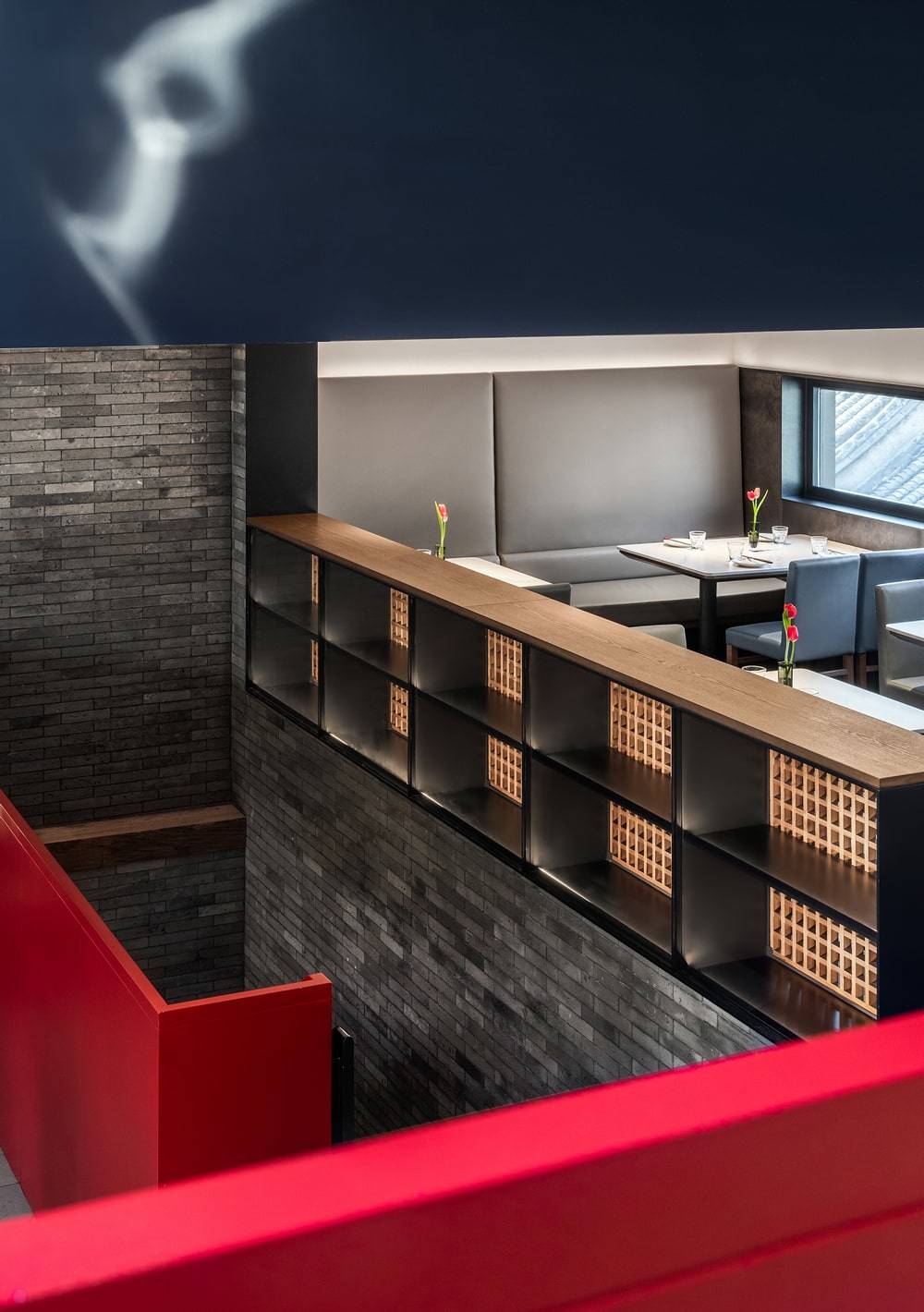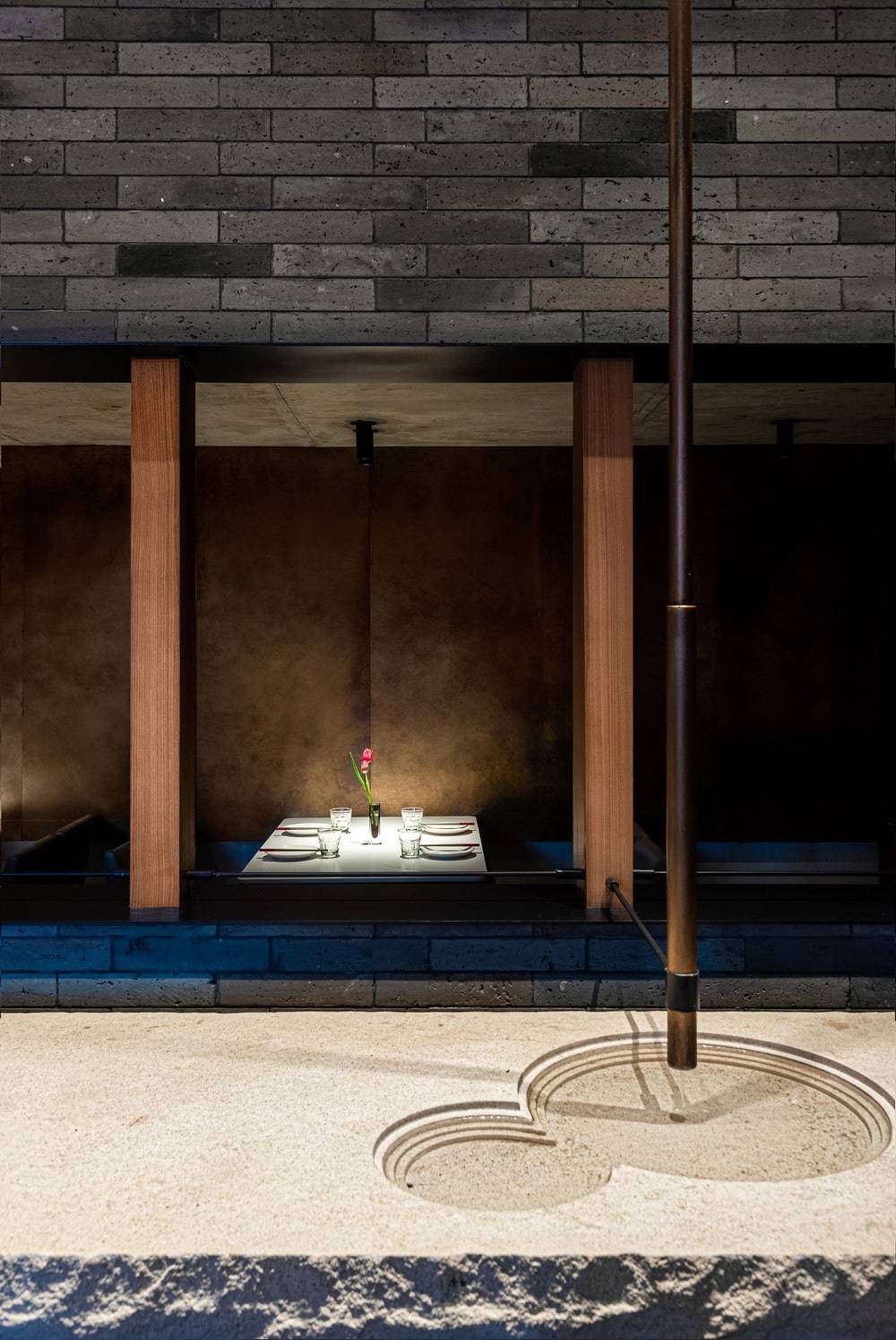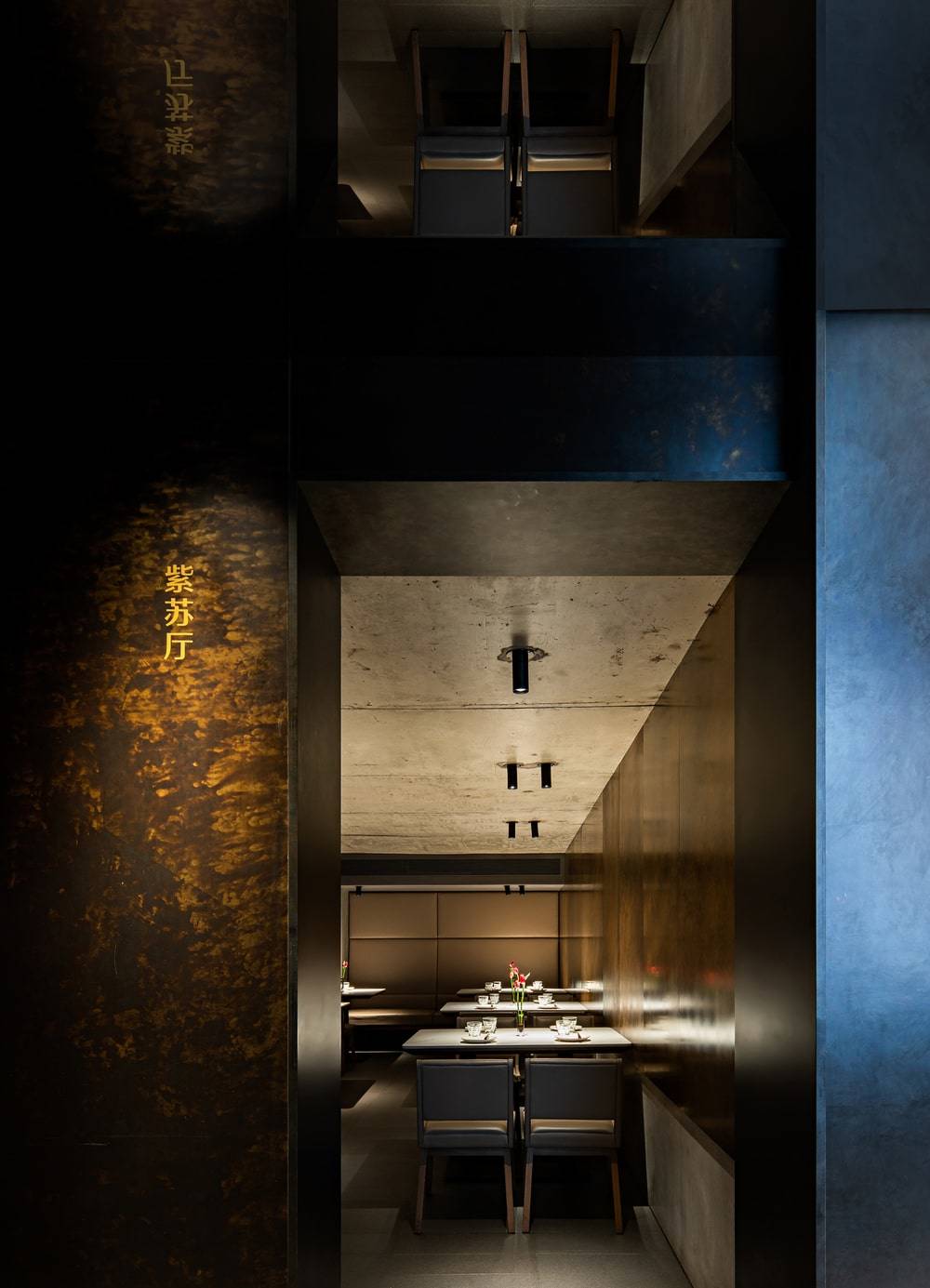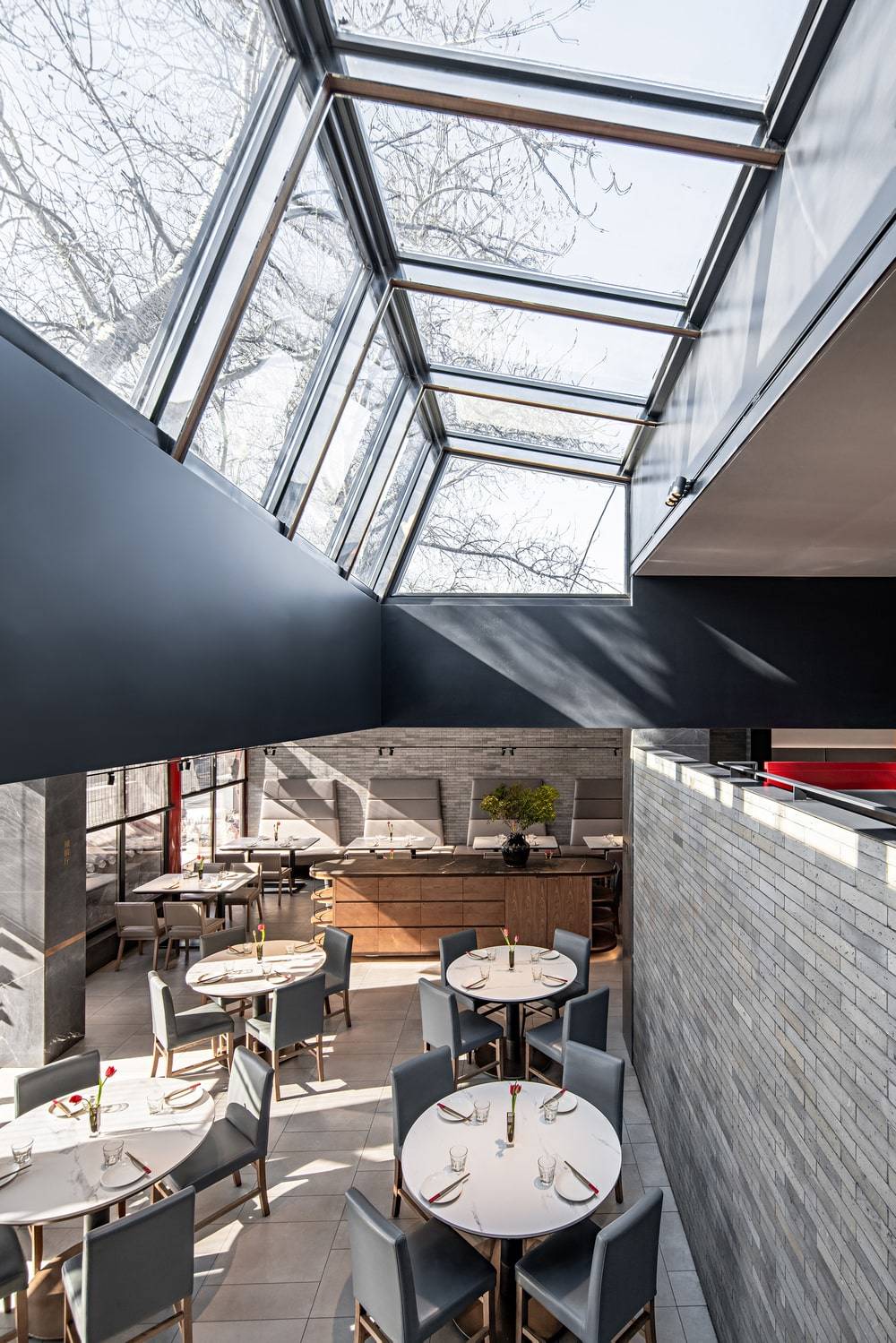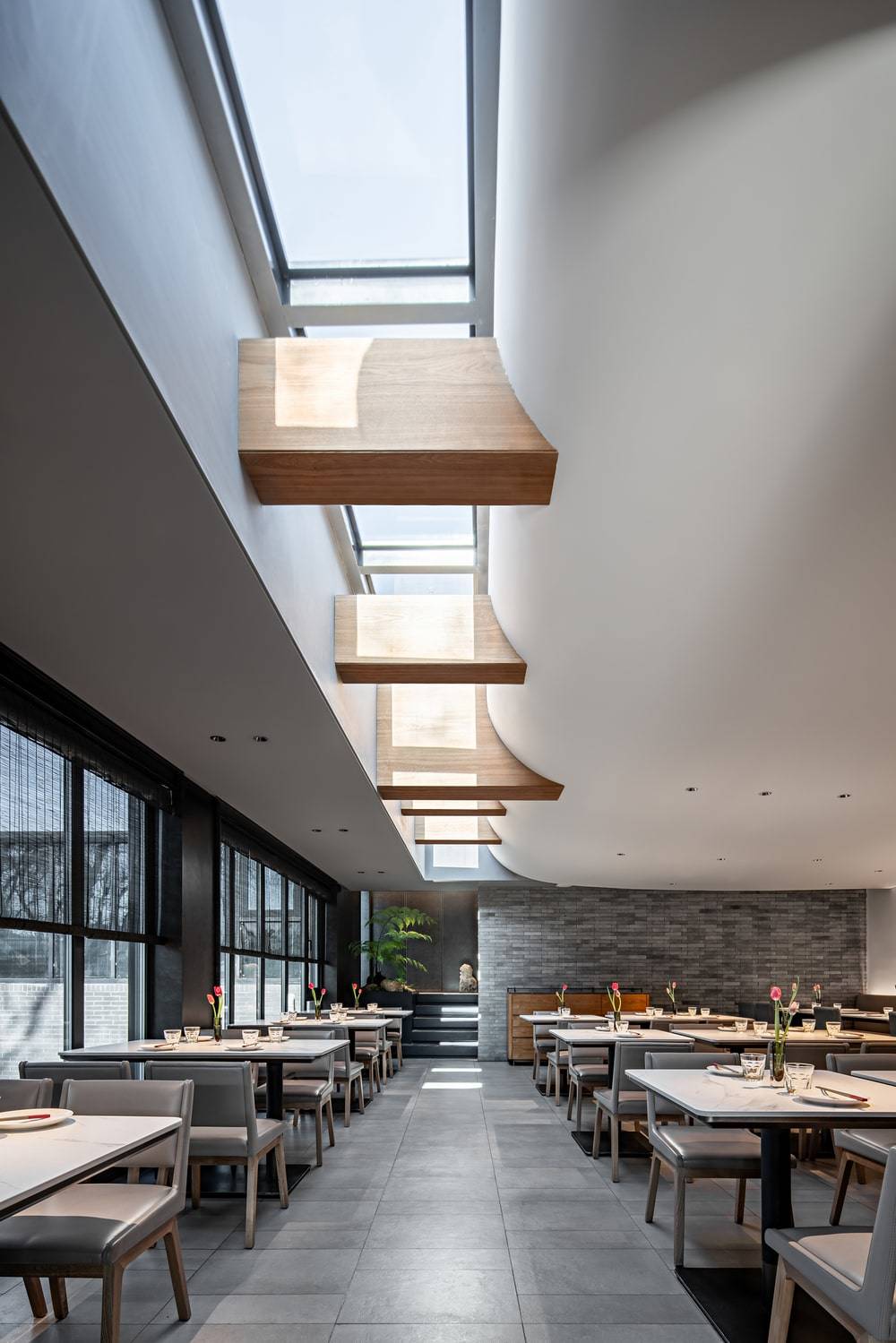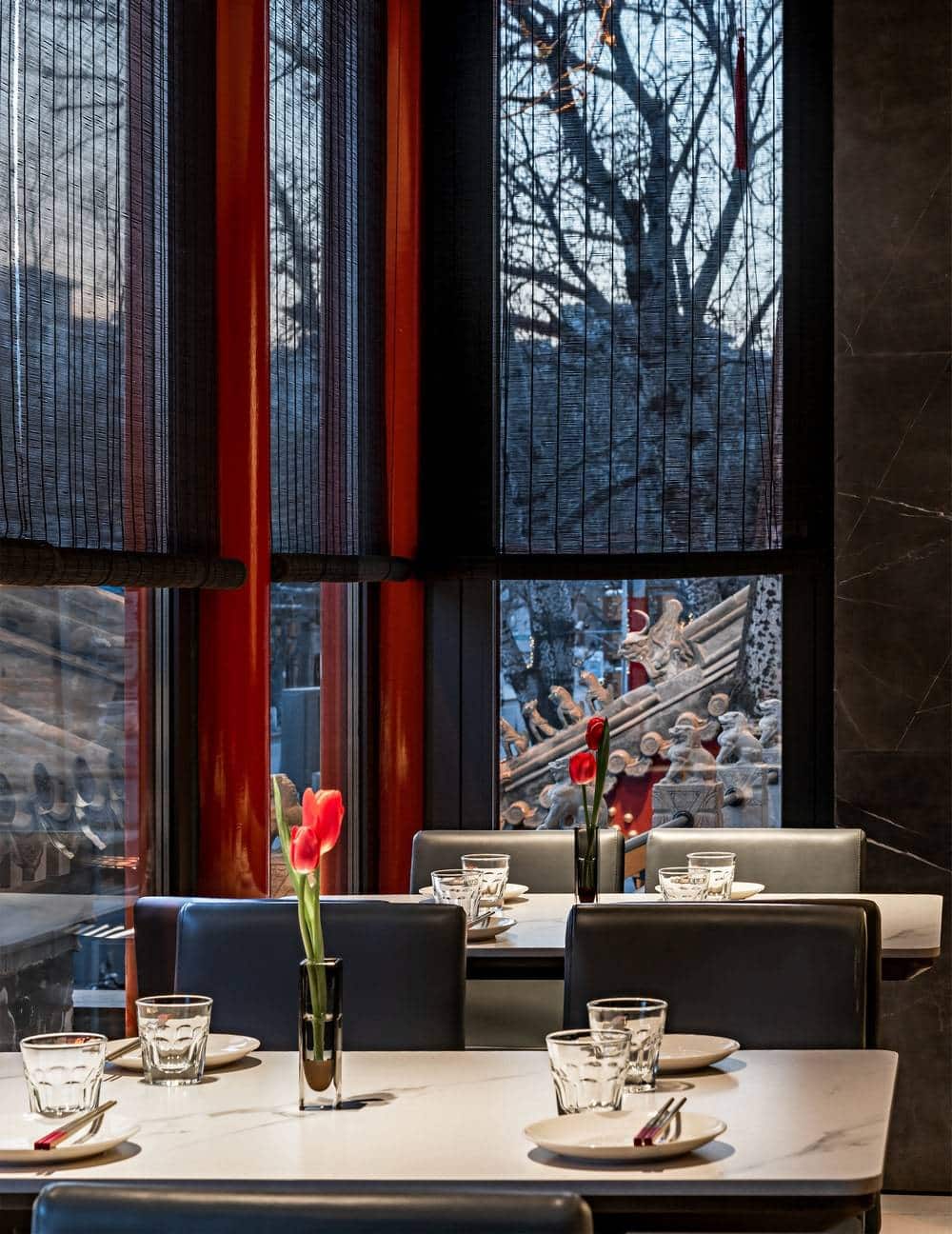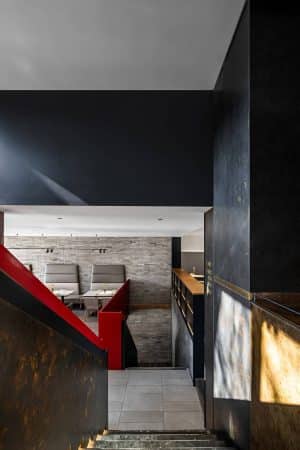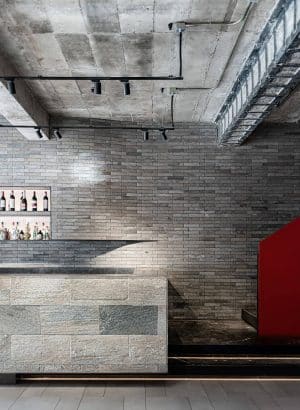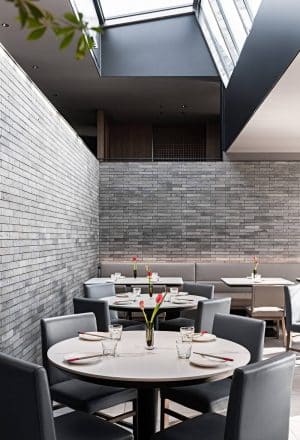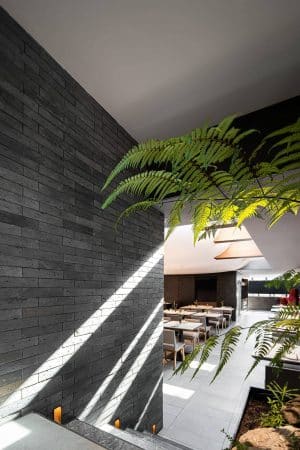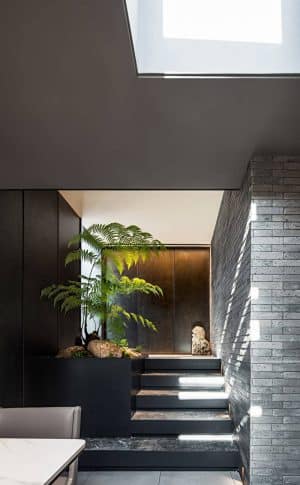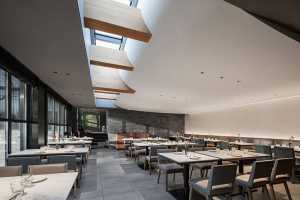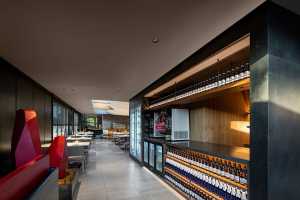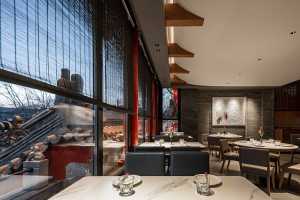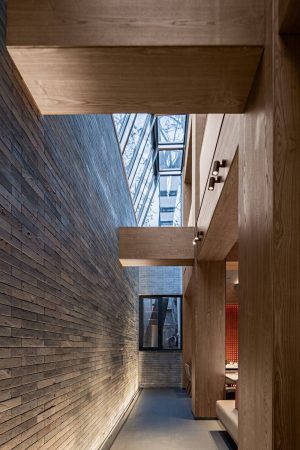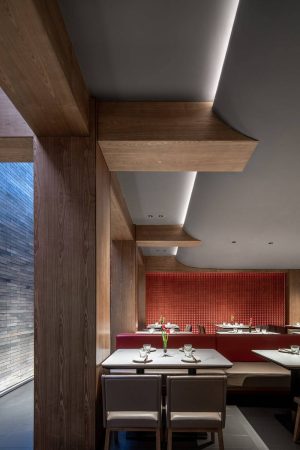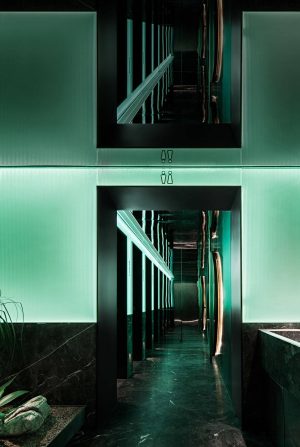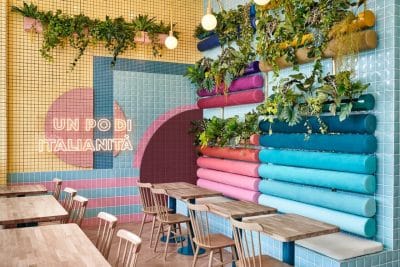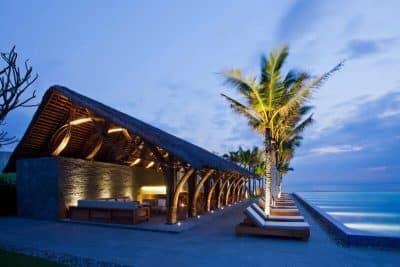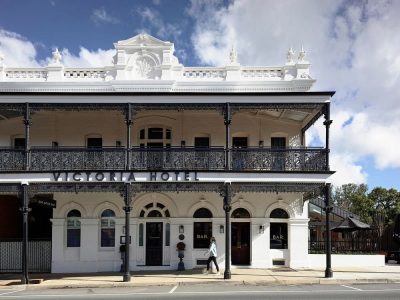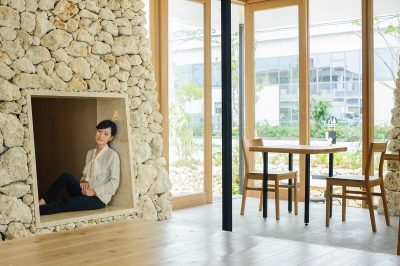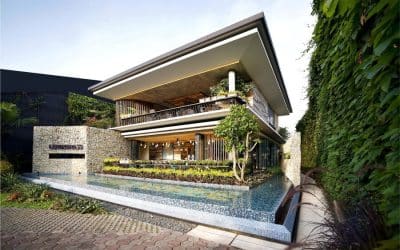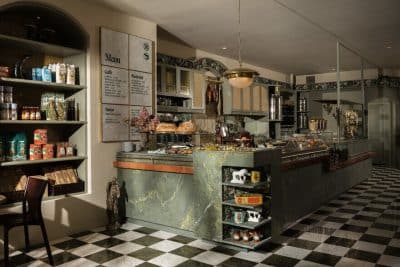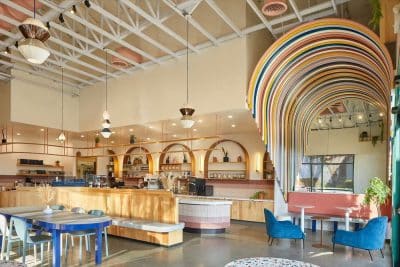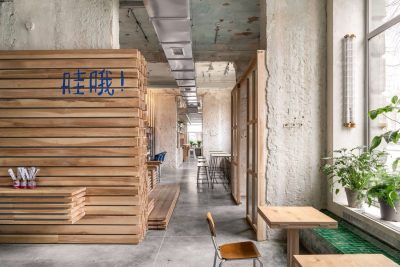Project name: Huda Restaurant Main Store
Interior design: IN.X Design
Chief designer: Wu Wei
Design team: Liu Chenyang, Jia Qifeng, Li Yan
Interior furnishings: Jin Shengxu, Song Jiangli, Ying Zheguang
Lighting design: Zhu Haiyan
Location of the project: Beijing, China
Project area: 1050 square meters
Project Photography: Zheng Yan
Project planning: LELE Brand Strategy
The famous Beijing restaurant “grown up” from Guijie – The catering strategy trilogy of Huda restaurants
In 2020, under the cooperation between Guo Dong – the second-generation manager of Huda Restaurant and the design team of IN.X, Huda Restaurant in Guijie completed its first refurbishment in the past 20 years. When the restaurant is reopened, the queuing crowd is a relief to the designer Wu Wei, who said that this was actually what he had expected, because he was familiar with the game rule of Huda Restaurant.
The initial plan was questioned twice
But finally, nowhere has not been changed
“Let’s get ready, we might need to start all over again.” – Although known exactly what he designed, Wu Wei still sent such a message to the design team before the last meeting. At the end of the first meeting, although the design proposal was passed unanimously, it comes under doubts afterwards. Operators and experts put forward a lot of questions about the direction of new brand image, the artistry, and the traditional and contemporary treatment methods. Facing this challenge and under such pressure, IN.X responded firmly: “This time, we design from the future perspective of Huda, and we must seize the customers and market of the future.” After explaining the logic of the whole plan in detail, the design team finally got this response: ”Since your considerations are so comprehensive, then just follow the original plan.” As a result, when Huda Restaurant reopened at the end of last year, the scene of crowded guests at the door once again became a scenery on Guijie Street.
Huda and Guijie
Are grown as a whole
In 2016, it was the first time Guo Dong commissioned IN.X to design a branch of Huda Restaurant. Since then, he has never been disappointed. Although Wu Wei rarely shows in the public activities, he has been regarded as a skilled designer who understand business the most in catering space design field. From exterior to interior, a large area of striped black bricks are used to extend the street style to the indoors, as if the restaurant grew from the street, rather then an unexpected existence.
Located inside the second ring road in Beijing, the prosperous dining environment of Huda Restaurant is booming in the unique gray alley of the old urban district. Inside the restaurant, the artistry is conveyed from the furnishings to the overall space. As the typical color of Beijing, red and gray form the palette of space, where traditional building structure elements are deconstructed and recombined in patios and eaves. With transparent and smooth line, the interior light and shadow change quietly along with the weather and pedestrians outside the window. Even the space function arrangement, lighting change with time and the disappearance of gender divisions in the bathroom are more subtle artistic expressions in the design. The location and landscape history gave Huda Restaurant a profound cultural gene, which is what it can borrow. As a result, the design of the space tends to be lighter, where the harmonious combination of tension and relaxation reach a good effect.
“What’s your design idea?”
“Building a house for the passion for life.”
The renovated Huda Restaurant is inspiring and enjoyable. The design separates the restaurant function areas clearly, which was a disorder originally like a maze. After completion, each area is connected to each other to guarantee enough sunlight and outdoor landscape no matter where you sit. Rhythmic railings in the shape of hitching post replace the old railings in the ancient architectural style. When the sight is connected to the outdoor landscape through floor-to-ceiling windows, these railings have become the best visual focus. The large area of black bricks presents a low-key and rich layering under the superposition of light and shadow and cutting details. Forbidden City Red, which can also represent the taste of Huda Restaurant, catches the diners immediately through the eye-catching stairs. It is designed based on the clear movement in the space, and the visual effect is the added value. The bar counter was added as a new functional area, supplementing the waiting area and adding a young vigor to the restaurant. Another breakthrough was made in the washroom: the lighting colors change according to the three periods of daytime, meal time, and midnight snack time, echoing with mood and time.
Although traditional materials are used on a large scale, they are full of concise and upscale contemporary feeling because of the modern processing and design techniques. This kind of contemporary feeling grows from the simplest place, with a strong passion for life and a style that belongs to Huda Restaurant and the Guijie Street.
Crowded with tourists, It has already become a trendiness in Gui Jie Street to wait for two or three hours under Hu Da’s signboard.
In the past 20 years, Hu Da, as a catering brand that co-exists with Guijie Street, has become a business card representing Guijie and even Beijing. Facing the future ever-changing customer group and the new needs of regional and urban culinary culture, Hu Da has to complete the upgrade to ensure a more lasting vitality.
The catering strategy trilogy is a set of design strategies proposed by the designer Wu Wei for mature catering brands. It helps brands to complete brand promotion through space upgrading in a targeted manner, and then adds sustaining value for mature brands.


